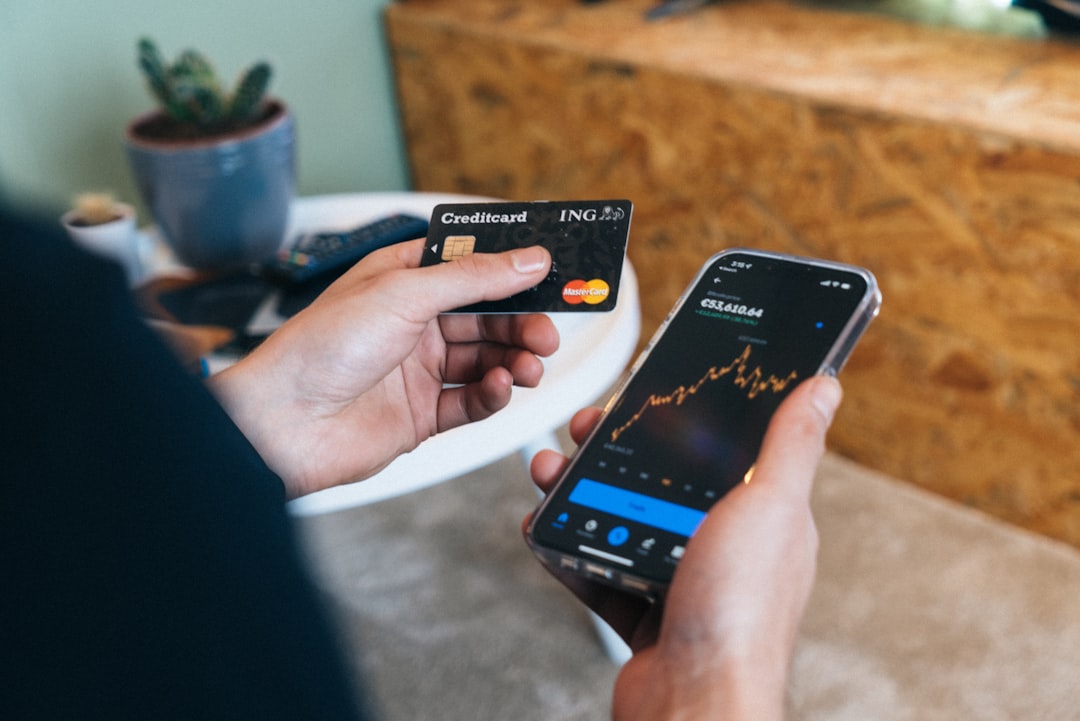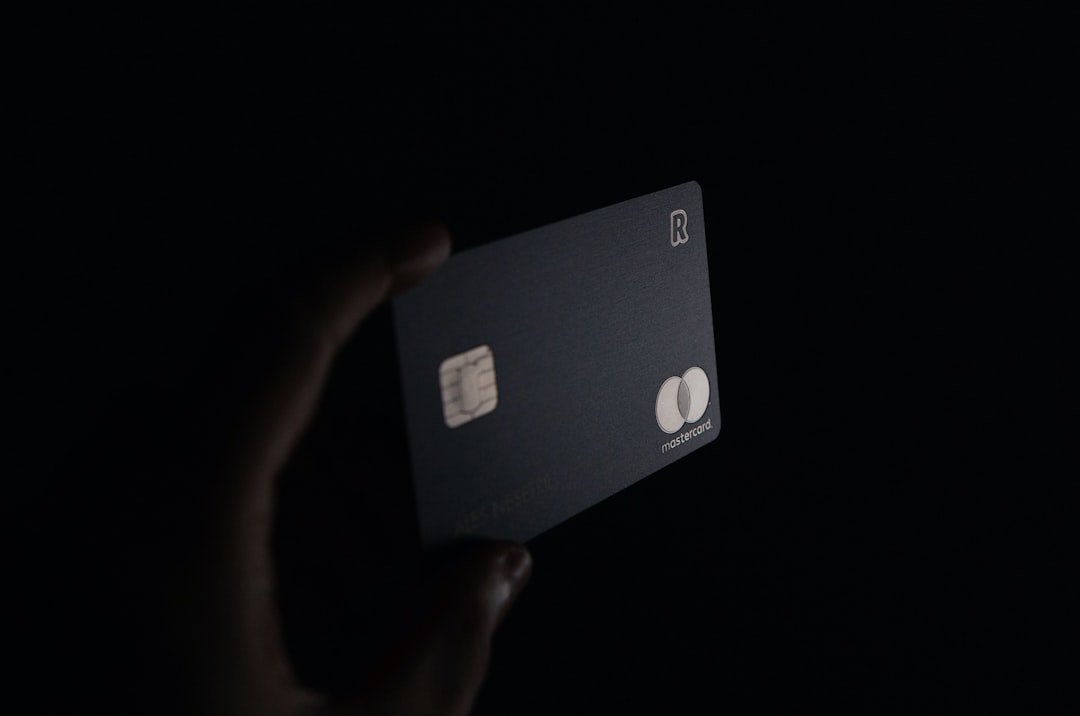Banks Banking Billions from Crazy Credit Card Late Fees
Big banks earn from fees rather than competing to provide better service
$12 billion.
That’s how much banks earn from credit card late fees every single year.
Now, an effort to cap credit card late fees at $8 per instance is meeting resistance from the banking industry.
Will Credit Card Late Fees be Capped at $8?
Credit card late fees are annoying but often viewed as a necessary element of having a credit card. Miss the payment by a day — or even a few hours — and you could be hit with fees up to $41. The Consumer Financial Protection Bureau (CFPB) says that’s excessive.
Companies currently charge people as much as $41 for each missed payment, and these fees result in billions of dollars in annual junk fee revenue for credit card companies. In fact, the CFPB notes that American families pay $12 billion a year in credit card late fees. The new proposal would reduce late fee payments by about $9 billion a year.
Not surprisingly, banking interests oppose this new fee cap.
American Banker reports:
With billions of dollars at stake, trade groups representing large issuers are threatening to sue the CFPB, once the rule is finalized, for failing to convene a small-business review panel as required by law. Hundreds of small community banks and credit unions claim they will suffer economic harm if the plan goes into effect.
The banking industry says that post-collection costs exceed the $3 billion in revenue they’d collect with an $8 cap.
Alternative explanation: Late fees are a HUGE profit center for banks.
That is, rather than offer MORE service in order to compete for and win customers, banks are happy to make money from late fees.

Finally: Some Accountability for Payday Predator SoLo Funds
Charging a 500% APR on a short-term loan falls outside the bounds even in the most payday predator friendly states.
But when you disguise your fees as “tips” or “donations” and you couch your lending model in the world of fintech, you might get away with it.
SoLo Funds is one example of a venture capital funded fintech lender that offered short-term loans of up to $500 from the comfort of an app on your phone.
These loans, though, sometimes carried some pretty outrageous interest rates.
Now, SoLo has been penalized in three states — California, Connecticut, and DC — for offering loans with APRs as high as 511%.
“Connecticut, California, and DC have called out the Emperor’s New Clothes, taking important actions against SoLo Funds, which uses so-called ‘tips’ and ‘donations’ to conceal APRs that can reach 511% or higher,” said Lauren Saunders, associate director of the National Consumer Law Center (NCLC). “All three agencies appear to have effectively barred SoLo Funds from facilitating unlicensed fintech payday loans at rates that violate state rate caps.”



